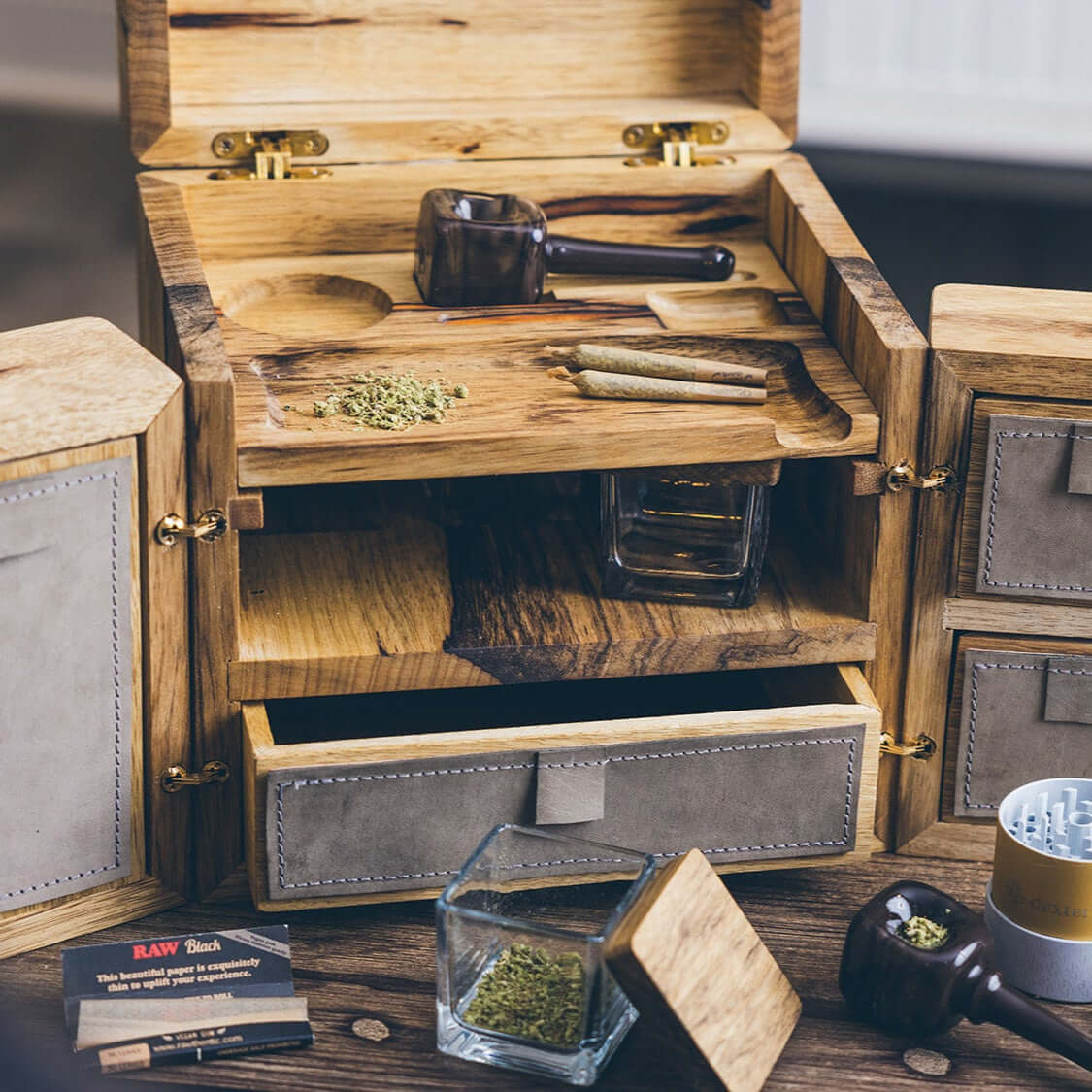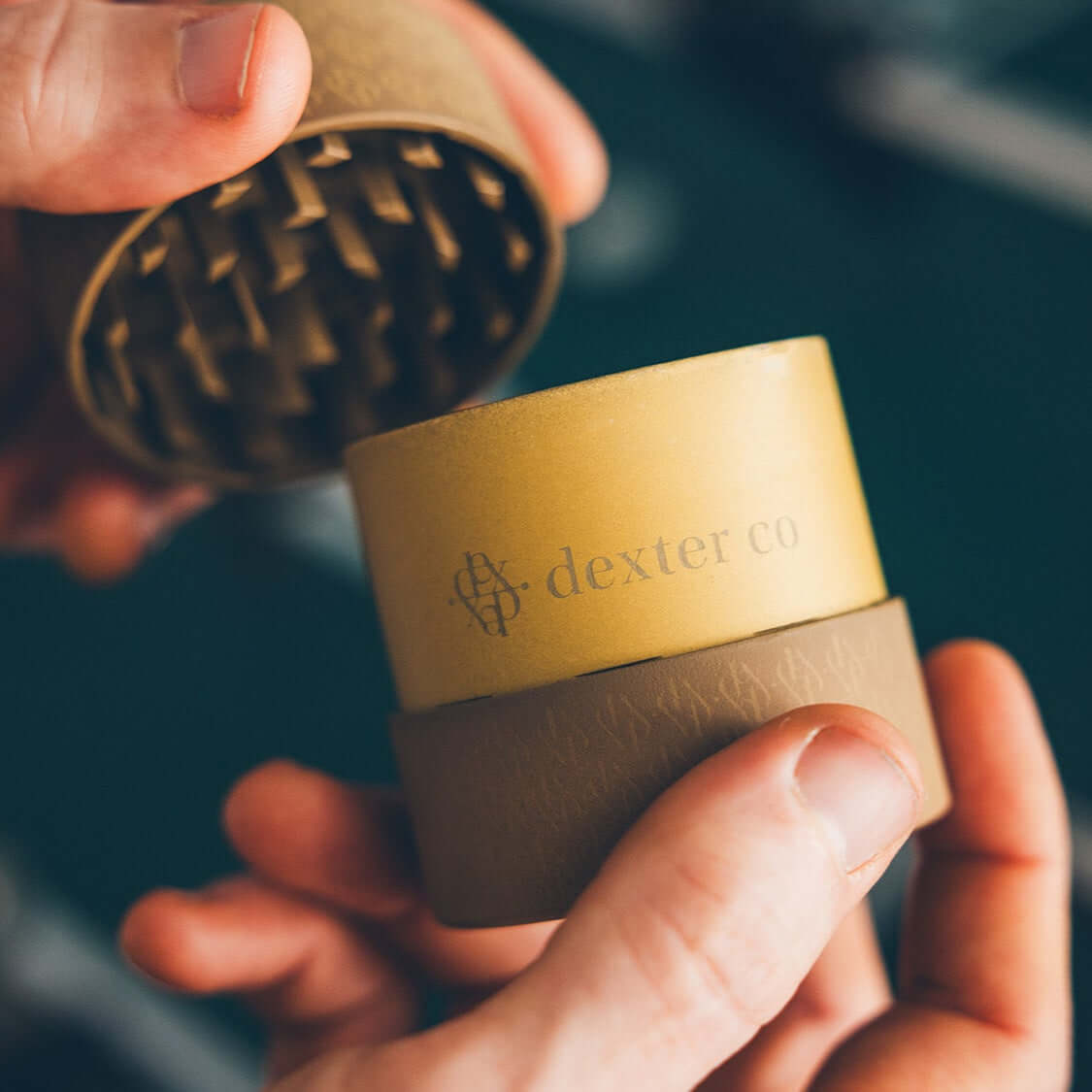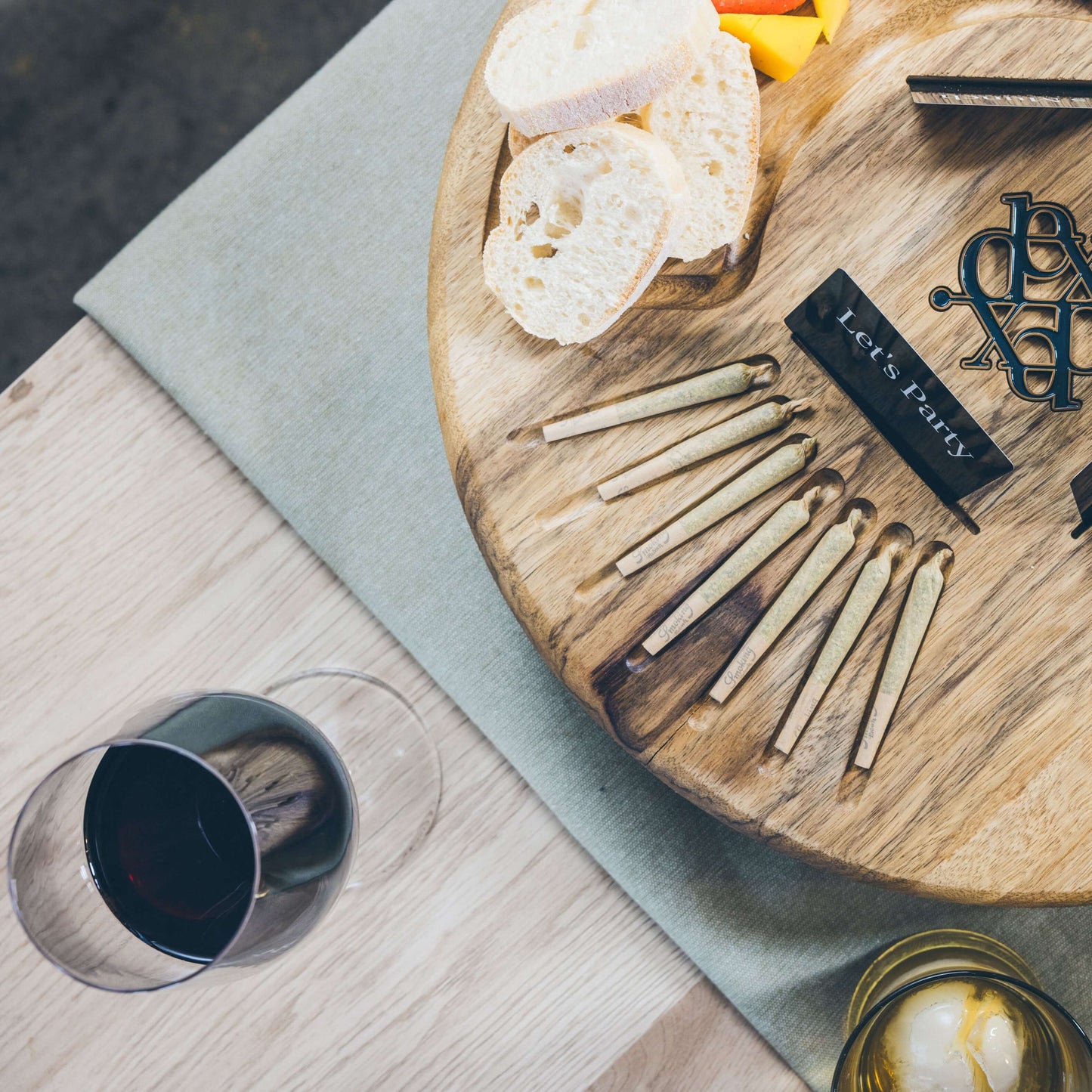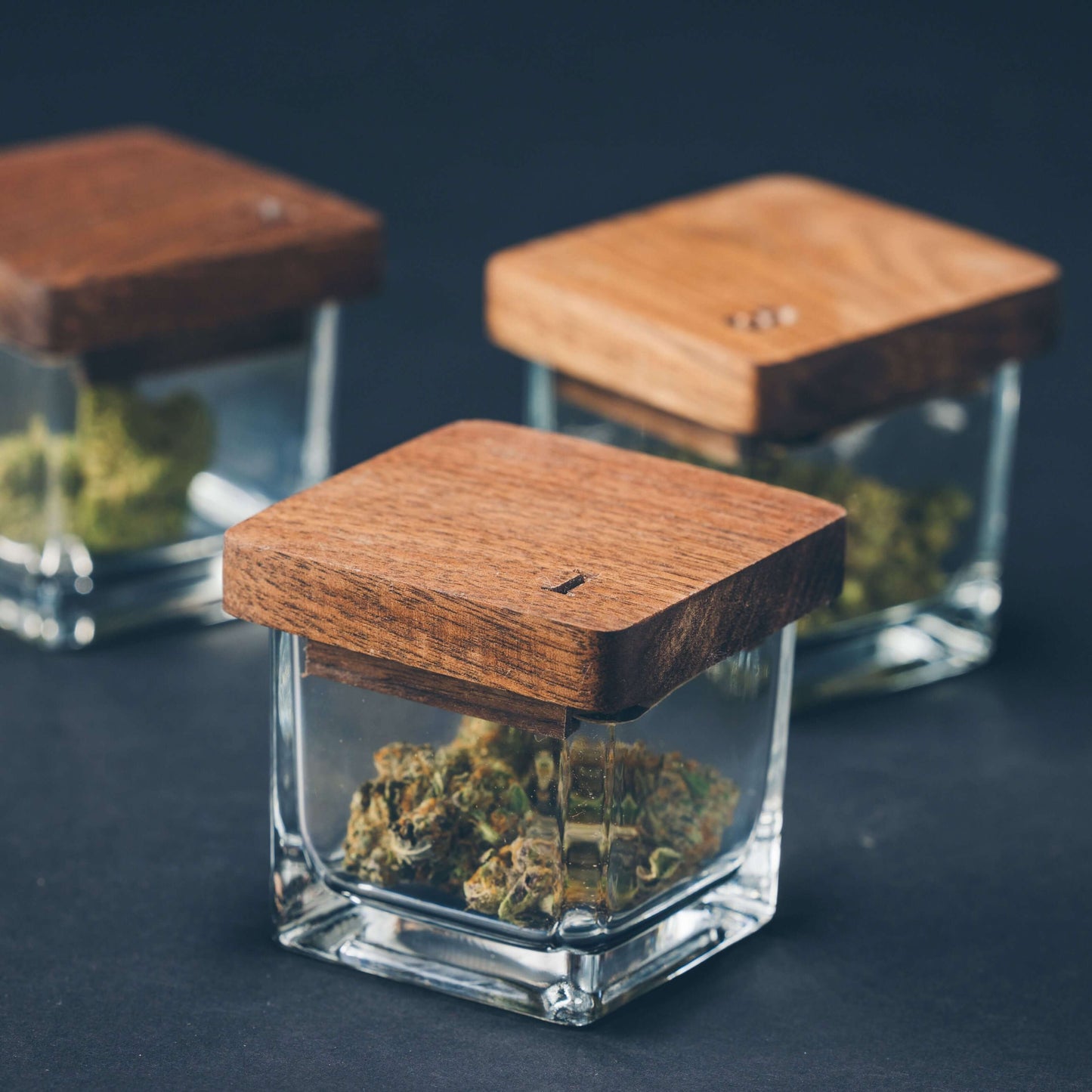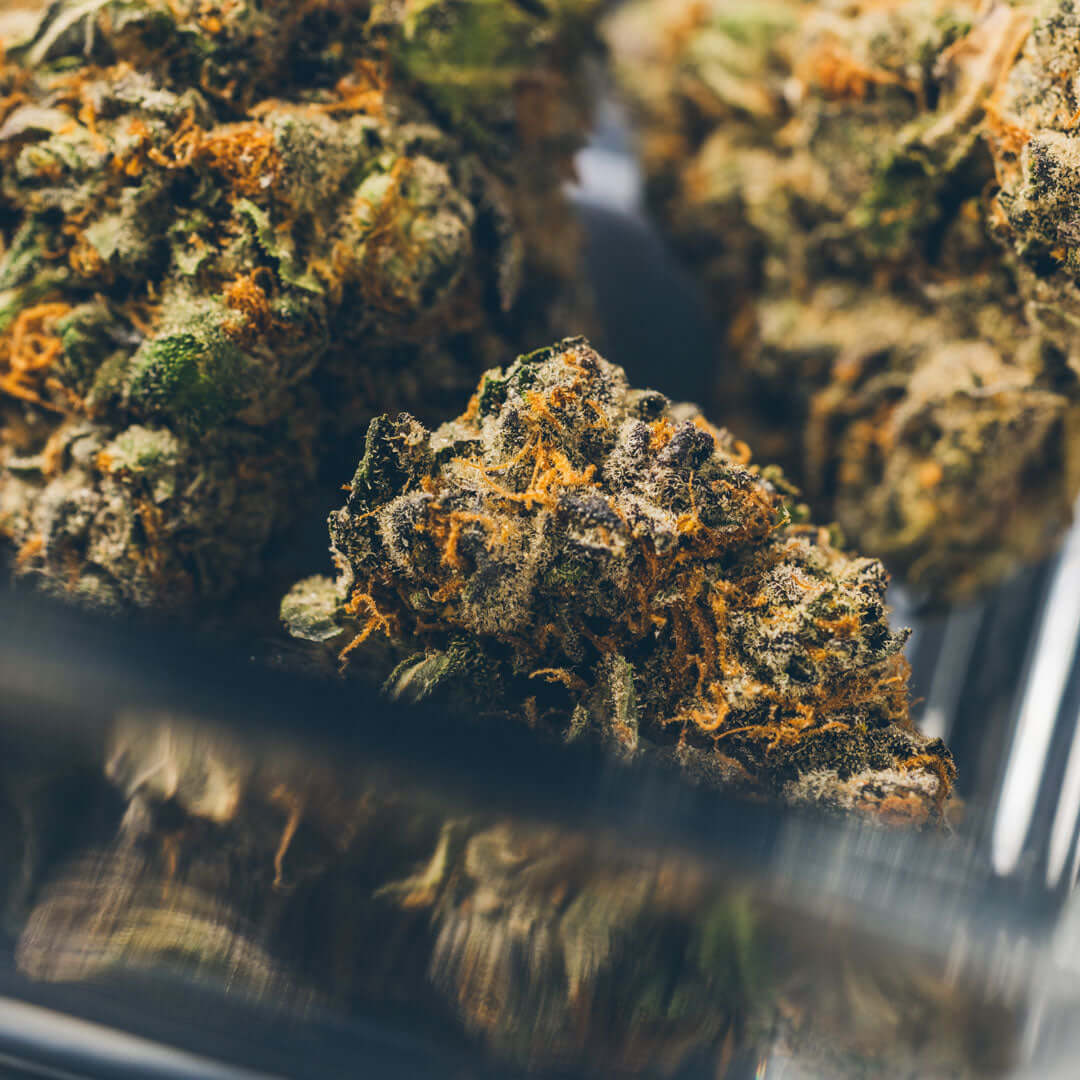
IMO No.17: Just Because It’s Legal Doesn’t Mean It’s Thoughtful
A Brief and Hopefully Legally Sufficient CYA:
Before we dive in, let’s be clear: I am not a doctor, lawyer, regulator, licensed distributor, spiritual guru, or your mom (unless you’re my kid, in which case—go do your homework). This article is not intended to be a substitute for professional advice, real-world wisdom, or common sense. It’s just a well-meaning nudge from a cannabis-loving human who thinks we can do better. If you take edibles from a stranger at a bachelor party in Vegas and end up in a fountain talking to a Caesar statue, that’s not on me. Carry on.
Let’s talk about something that’s easy to overlook in the shiny, smell-good world of cannabis legalization: just because it’s legal doesn’t mean it’s thoughtful.
We’ve spent decades fighting the good fight—dismantling stigmas, overturning unjust laws, and finally convincing a few reluctant lawmakers that maybe, just maybe, cannabis isn’t the root of all evil. And hallelujah, progress! But as any seasoned host or overly ambitious baker knows, just getting something out of the oven doesn’t mean it’s ready to serve.
Because here’s the truth that’s making its way to the front of the class, hand tentatively raised: Legal cannabis, in many places, is still a bit of a mess.
Legal ≠ Safe
Let’s start with a tale. A friend—we’ll call him Kyle because that was his actual name—once bought a perfectly legal cannabis-infused lemonade from a pop-up stand at a street festival in a legal state. Label said 10mg THC. Reasonable. Kyle, a responsible adult, drank the lemonade slowly over an hour.
Three hours later, Kyle was hiding in a hotel bathroom trying to decide if he was (A) dead or (B) about to become a TikTok star for crying in a robe. He’d consumed what lab testing later revealed was closer to 80mg of THC. No batch testing. No real regulation. Just good vibes and bad math.
This is what happens when we confuse legality with forethought. Laws may open the door, but intention—and solid infrastructure—determines what kind of party walks in.
The Label Is Not the Experience
In theory, legalization should bring clarity. Doses should be accurate. Labels should mean something. Brands should follow consistent practices.
In reality, some states rolled out legalization like it was a garage sale: hurried, underfunded, and operating mostly on vibes.
This leads to situations where a 5mg gummy from Brand A feels like a gentle massage with lavender oil, while a 5mg gummy from Brand B feels like being punted into space with a glitter cannon.
Some brands over-deliver, others under-deliver, and most consumers are left playing dosage roulette. That’s not just bad marketing—it’s dangerous.
Edibles: Where Mislabeling Gets Real
If cannabis had a cautionary tale mascot, it would be edibles. Unlike smoking or vaping, which deliver effects quickly, edibles take their sweet time. That delay leads folks to “just have one more,” often right before liftoff.
Combine this with poorly labeled products, lack of education, and a little social pressure, and you’ve got a recipe for the kind of experience that turns curious newbies into permanent no-thank-yous.
And that’s a problem. Because when people have a bad experience with cannabis, they often blame the plant. Not the labeling, not the rollout, not the rush to market. The plant. That’s like blaming bread because someone handed you raw dough and called it a baguette.
Who’s Supposed to Educate Us?
Here’s a fun twist: even in legal states, cannabis education is often outsourced to brands or dispensary employees—who, bless their hearts, are sometimes 22 years old and trained in vibes, not pharmacokinetics.
There’s no consistent consumer education model. No universal signage. No national dosage guide. Just a mix of enthusiastic budtenders, sketchy Reddit threads, and a prayer.
In other words, we’ve made cannabis legal, but we haven’t made it easy—or always safe—to use well.
Why It Matters
When cannabis is labeled poorly, rushed to shelves, or poorly understood, people get hurt—not necessarily physically (though that happens), but emotionally and mentally. People get anxious. They feel scared. They lose trust in cannabis. They backslide into thinking it’s dangerous.
And when that happens, we lose momentum.
Cannabis doesn’t just need to be legal. It needs to be trustworthy. Because trust is what makes this whole experiment sustainable. Trust is what turns first-timers into lifelong advocates. And trust, my friends, starts with thoughtfulness.
Thoughtful Cannabis is Hospitality
Here’s a new lens to look through: cannabis should be treated like hospitality. Legalization is like building the hotel. But what happens when people check in?
Thoughtful cannabis means:
- Clear, consistent labeling
- Proper dosage guides for newbies
- Real education at point-of-sale
- Smart, patient rollout plans that prioritize safety over speed
- Products that are as predictable as they are pleasurable
This isn’t just about doing the right thing—it’s about creating an environment where cannabis can thrive. Where a Dex Party guest can trust what they’re consuming, feel good about it, and maybe even text you the next day with a thank-you and not an “are you mad at me?”
So What Do We Do?
We stay loud. We demand better. We support brands that label clearly, educate generously, and test rigorously. We make noise when states roll out legalization without planning for the real-world human experience.
And we talk about it. We tell stories. We normalize thoughtful cannabis use. We keep reminding ourselves and others that the end of prohibition was just the beginning.
Because if cannabis is going to become part of the everyday American experience—not just in L.A. yoga studios or Brooklyn supper clubs, but in backyard BBQs in Arkansas—it has to be more than legal. It has to be thoughtful.
So next time someone says, “Well, it’s legal now!” you have my full permission to respond:
“Cool. So are fireworks. Doesn’t mean I’m lighting one in your living room.”
Final Thought
Cannabis has the power to heal, to connect, to comfort, and to delight. But only if we respect it enough to get it right. Thoughtfulness isn’t optional—it’s the whole point.
Now go forth, be responsible, and for the love of Kyle, check the label.
Coming Up Next…
IMO No.18: The Board Room Tax: When Rich Guys with PowerPoint Decks Took Over Weed
Legalization brought more than freedom—it brought boardrooms, branding decks, and billionaires. In next week’s article, we look at what happens when cannabis goes corporate, and why it’s time the plant took its power back.

